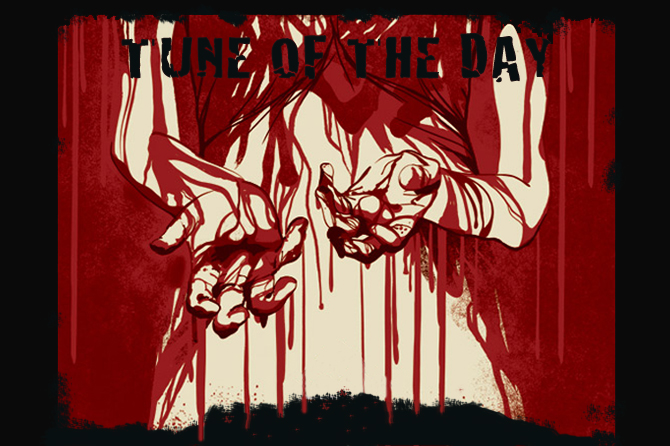Sunday, time for a classic.
"Somebody to Love", originally titled "Someone to Love", is a rock song that was written by Darby Slick. It was originally recorded by THE GREAT SOCIETY, and later by JEFFERSON AIRPLANE.
Written by THE GREAT SOCIETY guitarist Darby Slick after realizing his girlfriend had left him, and first performed by that band, which included his then-sister-in-law Grace Slick on vocals, the song made little impact outside of the club circuit in the Bay Area. The song was released in 1966 as a single with the B-side another Darby Slick composition titled "Free Advice" on the North Beach subsidiary of Autumn Records, and received minimal circulation outside of San Francisco. San Francisco in the mid-'60s was the epicenter of free love, but Darby Slick saw a downside to this ethos, as it could lead to jealousy and disconnect. This song champions loyalty and monogamy, as the singer implores us to find that one true love that will nurture us and get us through the tough times.
When Grace Slick departed to join JEFFERSON AIRPLANE, she took this song with her, bringing it to the "Surrealistic Pillow" sessions, along with her own composition "White Rabbit". Subsequently, the AIRPLANE's more ferocious rock and roll version became the band's first and biggest success; the single by JEFFERSON AIRPLANE scored at No. 5 on the Billboard Hot 100. JEFFERSON AIRPLANEs first hit song, "Somebody To Love" was also one of the first big hits to come out of the US West Coast counterculture scene. Over the next few years, musicians flocked to the San Francisco Bay Area to be part of this scene. The original version of this song that Grace Slick sang with The Great Society is more subdued. With JEFFERSON AIRPLANE she sounds far more accusatory and menacing when she belts out lines like "Your mind is so full of red" and "Your friends, baby, they treat you like a guest."
"Somebody to Love" was also a track on their influential album released in February 1967, "Surrealistic Pillow". The lyrics are in the second person, with each two-line verse setting a scene of alienation and despair, and the chorus repeating the title of the song, with slight variations such as: "... / Don't you need somebody to love? / Wouldn't you love somebody to love? / ..." Like the album on which it appeared, this song was instrumental in publicizing the existence of the Haight-Ashbury counterculture to the rest of the United States.
JEFFERSON AIRPLANE was a rock band based in San Francisco, California, who pioneered psychedelic rock. Formed in 1965, the group defined the San Francisco Sound and was the first from the Bay Area to achieve international commercial success. They were headliners at the three most famous American rock festivals of the 1960s—Monterey (1967), Woodstock (1969) and Altamont (1969)—and the first Isle of Wight Festival (1968) in England. Their 1967 break-out album "Surrealistic Pillow" ranks on the short list of the most significant recordings of the "Summer of Love". Two songs from that album, "Somebody to Love" and "White Rabbit", are among Rolling Stone's "500 Greatest Songs of All Time."
The "classic" lineup of JEFFERSON AIRPLANE, from October 1966 to February 1970, was Marty Balin (vocals), Paul Kantner (guitar, vocals), Grace Slick (vocals), Jorma Kaukonen (lead guitar, vocals), Jack Casady (bass), and Spencer Dryden (drums). Marty Balin left the band in 1971. After 1972, JEFFERSON AIRPLANE effectively split into two groups. Kaukonen and Casady moved on full time to their own band, Hot Tuna. Slick, Kantner, and the remaining members of JEFFERSON AIRPLANE recruited new members and regrouped as JEFFERSON STARSHIP in 1974, with Marty Balin eventually joining them. JEFFERSON AIRPLANE was inducted into the Rock and Roll Hall of Fame in 1996 and was presented with the Grammy Lifetime Achievement Award in 2016.
Today's clip is from American Bandstand, 1967.
Second clip is live from Woodstock 1969.
More info @
Official Jefferson Airplane Web
Listen to ”Jefferson Airplane - Somebody To Love" on Spotify!
Follow tuneoftheday.blogspot.com on Spotify!




No comments:
Post a Comment